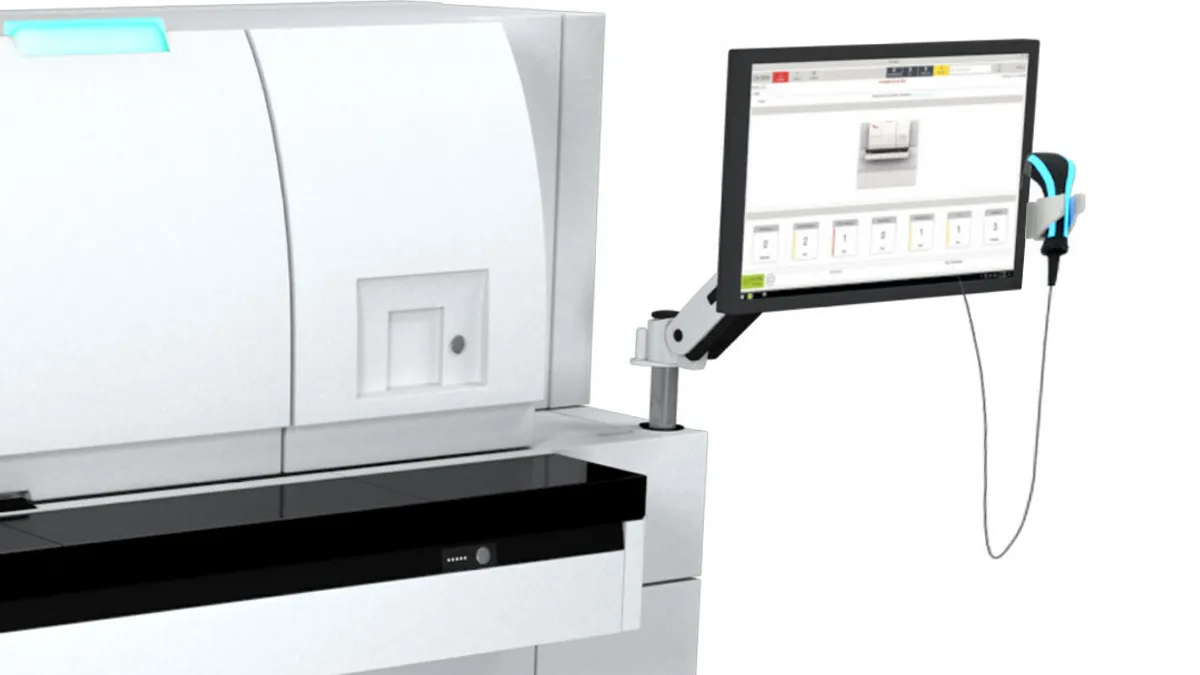Dive Brief:
- Beckman Coulter received a warning letter in March after inspectors found fault with quality practices at a facility that makes immunoassay analyzer instruments and tests.
- The Food and Drug Administration, which published the letter Tuesday, said Beckman failed to adequately establish procedures for risk analysis and other activities at a facility in Minnesota.
- Beckman Coulter responded to the observations in January and February 2024, but the FDA said the responses to specific problems were either inadequate or impossible to assess at this time.
Dive Insight:
The warning letter names the DxI 9000 Access Immunoassay analyzer instrument system and assays as the device that is “adulterated” because of the compliance failings.
Rainer Blair, CEO of Beckman’s parent company Danaher, singled out Dxl 9000 as a new product that is “enabling faster, more accurate patient diagnosis” on an earnings call in January. Beckman was a growth driver in the fourth quarter.
“Beckman Coulter Diagnostics led the way with over 10% core revenue growth, including double-digit growth in both instruments and consumables and notable strength in clinical, chemistry and immunoassay,” Blair said.
The FDA, which inspected the facility in November and December 2023, organized its observations into four groups. The first group covers observations related to Beckman’s failure to adequately establish and maintain procedures for risk analysis.
Specifically, the FDA said, “Severity Rating has been incorrectly selected for many assays’ false result failure modes.” The agency said “a false negative result on any of these assays also leads to increased risk of [hepatitis B virus] transmission to others.” Referring to another test, the agency said false positive results “could lead to mistreatment.”
The second set of observations relates to the failure to adequately establish procedures for corrective and preventative actions. The FDA found fault with procedures used to “analyze quality data to identify existing and potential causes of nonconforming product or other quality problems.”
In the final two sets of observations, the FDA discussed a failure to adequately establish procedures to control products that do not conform to specified requirements and for design change. The agency said a procedure that kicks in when a non-conforming product is identified in the manufacturing area lacks the details to ensure “components are evaluated, investigated, segregated and dispositioned.”










